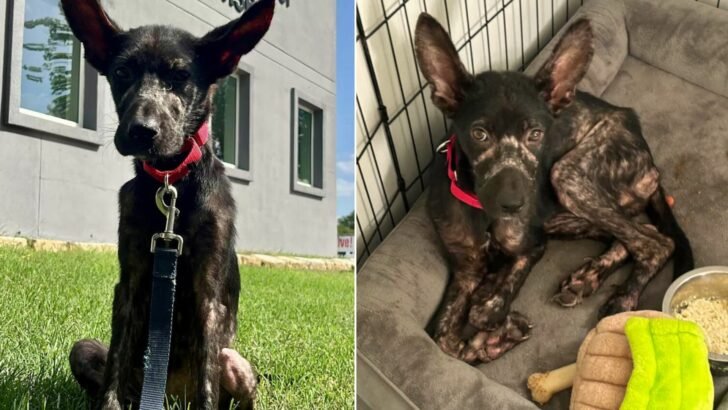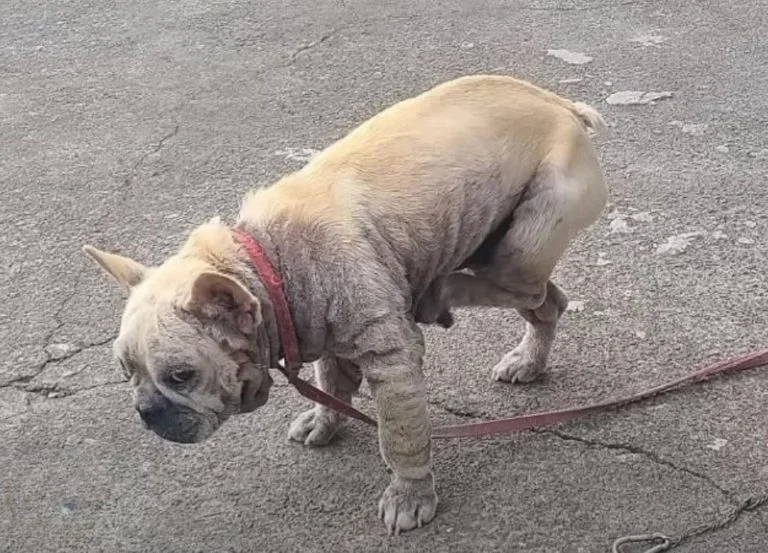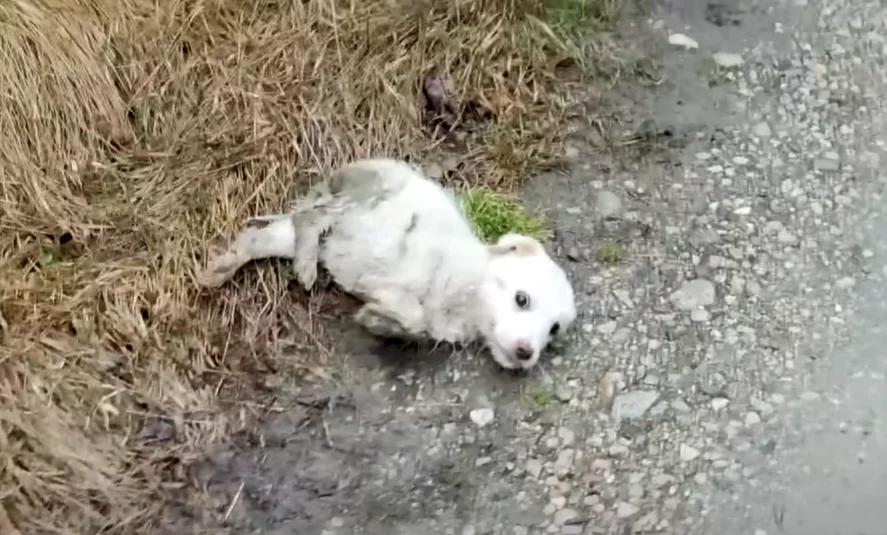Many dogs and their owners thrive on training and competing in dog sports, which can provide both physical exercise and mental stimulation. However, some sports may impose more strain on a dog’s body than others, and at some point, it may be necessary to consider retiring your dog from these activities. Here’s what you need to know about retiring a dog from sports.

What Are High-Impact Dog Sports?
High-impact sports involve intense physical activity, including fast movements, jumps, and sharp turns. These activities can be exhilarating but may also put significant stress on a dog’s body. Examples of high-impact sports include Agility, Flyball, Diving Dogs, Fast CAT, and Disc Dog. Not all dogs are suited for these sports, and even well-conditioned dogs can be prone to injuries.
Why You Might Consider Retiring Your Dog
As responsible dog owners, it’s crucial to prioritize your dog’s health and well-being. Here are some factors to consider when deciding whether to retire your dog from a sport:
Age-Related Health Conditions
Age alone doesn’t necessarily mean it’s time to retire your dog from sports. Many senior dogs continue to participate in high-impact activities. However, as dogs age, they may develop conditions like arthritis, which can cause discomfort during intense physical activity. Regular veterinary check-ups are essential for identifying age-related health issues and ensuring your dog’s comfort.

Past Injuries
If your dog has been injured, they may be able to return to previous levels of activity with proper rehabilitation. However, some injuries might make it unsafe for your dog to continue in high-impact sports. Consulting with a veterinarian can help determine which activities are safe for your dog post-injury.
Changes in Behavior
Monitor your dog’s behavior and performance during sports. An increase in errors, such as knocking more bars in Agility, could indicate underlying pain or injury. If you notice such changes, it’s important to have your dog examined by a veterinarian to rule out physical issues. Sometimes, a dog may simply lose interest in a sport, and taking a break or trying new activities can be beneficial.

Keeping Retired Sport Dogs Engaged
Dogs that have been active in sports often need continued mental and physical stimulation after retirement. Without an appropriate outlet, retired dogs may become frustrated or develop behavioral issues. To keep your retired dog engaged:
– Continue Bonding: Spend quality time with your dog to maintain your connection.
– Explore Lower-Impact Activities: Consider activities that are gentler on your dog’s body, such as lower-impact sports or new hobbies.
– Incorporate At-Home Activities: Create engaging activities at home, like low-impact agility courses or puzzle toys. Indoor scent games and cognitive toys can also keep your dog mentally stimulated.

Try Lower-Impact Sports
If your dog enjoys sports but needs a less intense option, consider lower-impact alternatives. For instance, AKC Scent Work, AKC Trick Dog, Obedience, and AKC Rally can be less strenuous while still providing mental and physical engagement. Some sports offer modified options, such as Preferred Agility classes, which adjust the course and jump heights to accommodate older dogs.
Discuss with your veterinarian about suitable sports based on your dog’s current condition and explore how their existing training can transition to new activities. Engaging with a trainer experienced in the new sport can help adapt your dog’s skills and keep them active and happy in their retirement.




